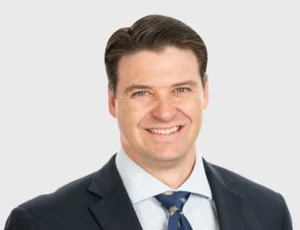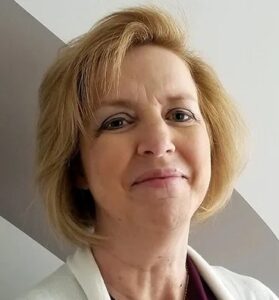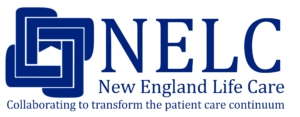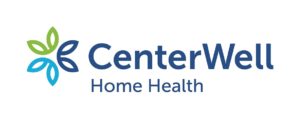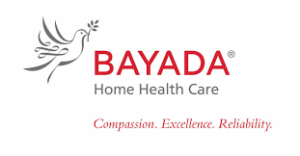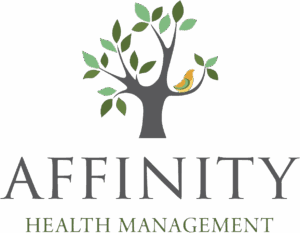
CMSNE 2025 Maine Conference
Navigating Changing Times…. Updates and Insights for Case Managers
Saturday, September 27, 2025 8:00 AM – 4:35 PM
Elks Lodge, Portland, ME
6.5 RN, SW & CCM credits anticipated
Session I
Rural people, populations and health:
Examining definitions and personal views of rurality
Katherine Simmonds, PhD, MPH, RN, WHNP-BC, FAAN
Clinical Professor, Roux Institute/Bouve College of Health Sciences, Northeastern University
This session will explore personal experiences and societal images related to rurality and how these influence professional practice. Further discussion of the official definition of rurality and implications related to caring for patients and their families.
Navigating Changing Times – Government Affairs and
Chief Government Affairs Officer, Maine Health
The U.S. healthcare system is facing rising costs, workforce shortages, and increasing demand for access and equity. Upcoming legislation is expected to focus on drug pricing, payment reform, transparency, and behavioral health, which will reshape both national programs and local healthcare delivery. Healthcare leaders should prepare for financial pressures and operational changes while identifying opportunities to engage policymakers, highlight community impact, and advocate for resources that support patient care and system sustainability. Proactive communication and coalition-building will be key to mitigating challenges and advancing positive reforms.
The Power of Palliative Care in Navigating Care Choices
MaineHealth | Senior Medical Director of Palliative Care, Palliative Medicine Division Chief, Department of Medicine, Maine Medical Center – Portland, Associate Professor of Medicine, Tufts University School of Medicine
This session will explore the fundamentals of palliative care and its value in helping patients and families through serious illness. Care managers will gain practical strategies for introducing palliative care in a way that fosters trust and acceptance so that patients and families will welcome palliative care involvement. The discussion will highlight how palliative care improves care coordination, reduces unnecessary hospitalizations, and aligns treatment with patient goals. Financial benefits—including cost savings and resource optimization—will also be addressed, equipping care managers with tools to advocate for palliative services within their organizations.
The Perils of Fusion
Dr. Matthew Wilkening, NHOC
Gettin’ by – How Poverty Changes the Brain
Linda Riddell, MS
Have you:
– Been frustrated with clients who don’t follow their treatment plans?
– Become fed up with no-shows?
– Been puzzled by treatment stalling?
Then, this live interactive training is for you. Created by an epidemiologist who specializes in poverty, the training includes a simulation that puts your brain through the same changes that happen to a person living in poverty. Here’s a two-minute video about it.





